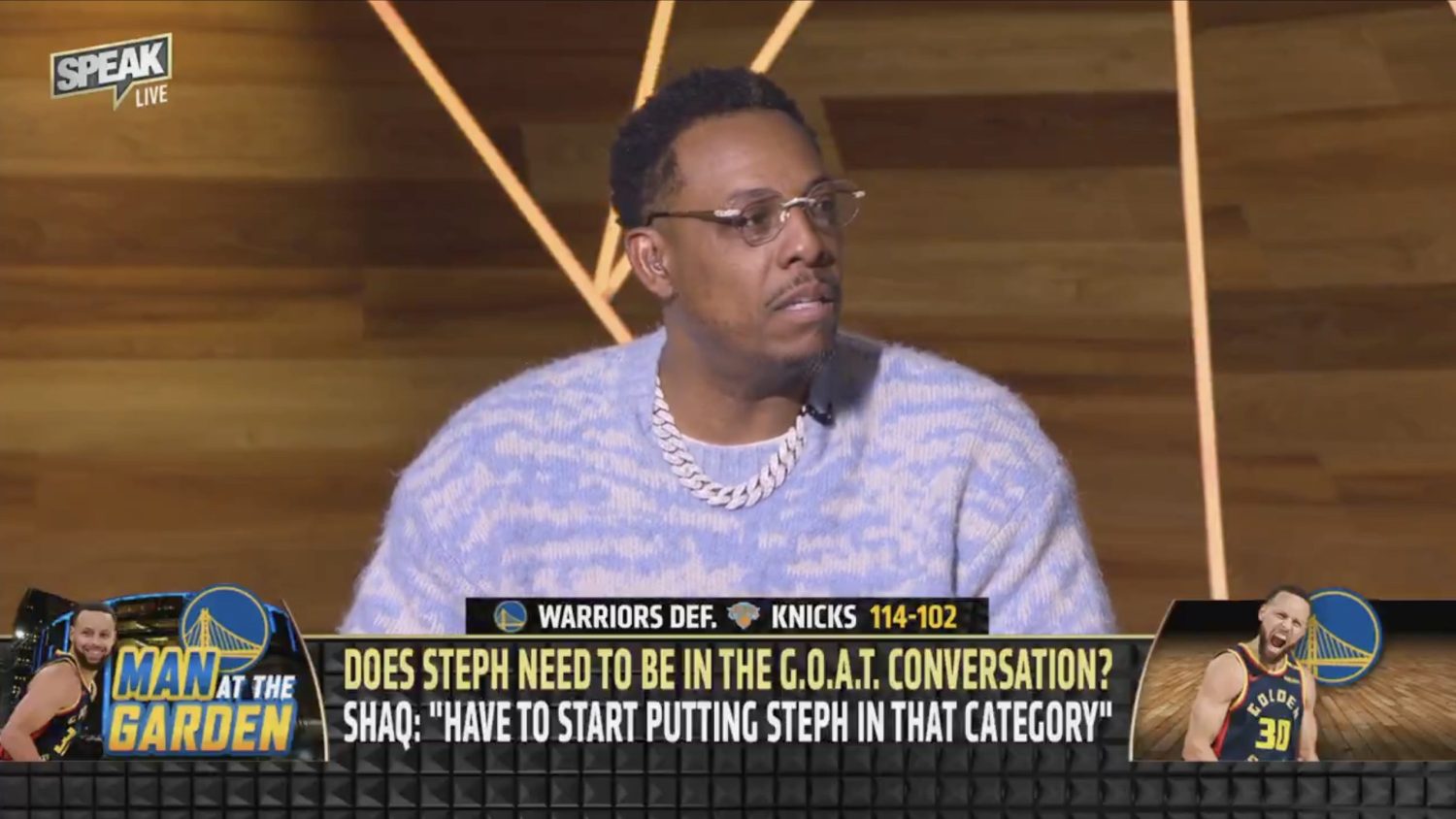How did WR market get here with CeeDee Lamb being latest $30M+ man in the NFL?
Before the Dallas Cowboys and CeeDee Lamb agreed to a hefty four-year, $136 million extension on Monday, there was a lot of buzz, and some consternation, about the exploding wide receiver market — including the bookend impact of the Detroit Lions’ Amon-Ra St. Brown deal vs. the Minnesota Vikings‘ Justin Jefferson contract.
It was hard to go almost anywhere over the past four weeks of NFL training camps and not get some form of an opinion on the wide receiver money exploding in the offseason. Everyone has a rationale for how the league got to the point of $25 million to $35 million average per year being the new wheelhouse for good-to-great wideouts. Some view it as a natural rotation into what is most important in the league (accentuating QB value). Others point at a wave of general managers, coaches and team owners who care less about the decades-old “rule of four” that historically kept bank-breaking salaries in the hands of good-to-great quarterbacks, elite offensive tackles, DPOY-caliber edge rushers or lockdown “traveling” cornerbacks.
Before Lamb’s extension Monday, three deals came up most often in conversations about wideout money. Two were often cited as the “launch” deals of Tyreek Hill (after he was dealt to the Miami Dolphins) and Davante Adams (after he was dealt to the Las Vegas Raiders). The third was the Detroit Lions’ contract extension for wideout Amon-Ra St. Brown, which many clubs have deemed as one that will change the dynamics for everyone involved.
Despite St. Brown being a first-team All-Pro in 2023, it’s clear that several teams see him as a very-good-but-not-exceptional player who ultimately landed elite money due to some unexpected leverage. Specifically, a handful of teams believe the reason St. Brown landed elite money without a drawn-out negotiation was because ownership wanted the extension done before Detroit hosted the NFL Draft last April (Brown’s extension was announced on the doorstep of that event). That’s a real perception in some corners of the NFL.
Whatever the factors were, the consensus feel is that Hill and Adams kicked open a door to massive No. 1 wideout money. After that, St. Brown raised the second-tier floor, while Jefferson raised the first-tier ceiling. Those bookends have weighed in different ways on the dragging negotiations with Brandon Aiyuk, and Ja’Marr Chase, not to mention a multitude of future receiver deals that are on the horizon.
Aiyuk’s deal was definitely complicated by the St. Brown contract, while I think the Cowboys were shocked by the Jefferson deal and how it impacted their talks with Lamb before they reached an agreement.
This embedded content is not available in your region.
As for Chase, I think the Cincinnati Bengals are having a hard time wrapping their head around making Chase the highest-paid non-quarterback in the NFL, which is what multiple teams think it’s going to take to get that extension done. As one general manager put it, “We’re to the point where every single good receiver just starts at 25 [million] now, and the best ones are heading toward 40 [million]. You can do those deals, but you’re going to lose one or two other starters in the process. It’s not a 1-for-1 tradeoff. Sometimes it’s a 2-for-1. So you have to ask yourself, do I want this receiver, or would I rather keep these other two starters and try to find a younger and cheaper receiver in the draft or a trade?”
Groused one head coach, “If you’re paying [a receiver] $30 to $35 million a season, they better walk on water.”
I don’t know when, but I think this will eventually result in an extremely active — and extremely polarized — approach to retaining wideouts. There are so many receivers coming into the league in seemingly every draft, it feels like teams will be prone to trying to push more of them later into their rookie contracts, then either using a franchise tag on them or trading them before a monster extension becomes necessary. One interesting thing to watch will be what happens when a wideout lands a huge extension and then doesn’t remotely live up to it. That’s the kind of pressure point that helps get coaches and general managers fired.
Related
Bengals give NFL sack leader Trey Hendrickson permission to seek…
By Dianna Russini, Paul Dehner Jr. and RJ KraftThe Cincinnati Bengals have given defensive end Trey Hendrickson permission to seek a trade, according to a leagu
Rams’ Matthew Stafford Shared His Honest Reaction to Drawing Interest…
The NFL courting period for Matthew Stafford this offseason didn’t last long after the veteran quarterback decided to remain in Los Angeles and restructure hi
Tony Reali expresses interest in ‘NFL RedZone’ job
Tony Reali is about to become one of the most interesting sports media free agents in recent memory. For the past two decades, Reali has held one main job
Shedeur Sanders’ confidence at the NFL combine rubbed some the…
Last week, University of Colorado quarterback Shedeur Sanders didn’t participate in the NFL combine. The soon-to-be franchise signal-caller — whose










